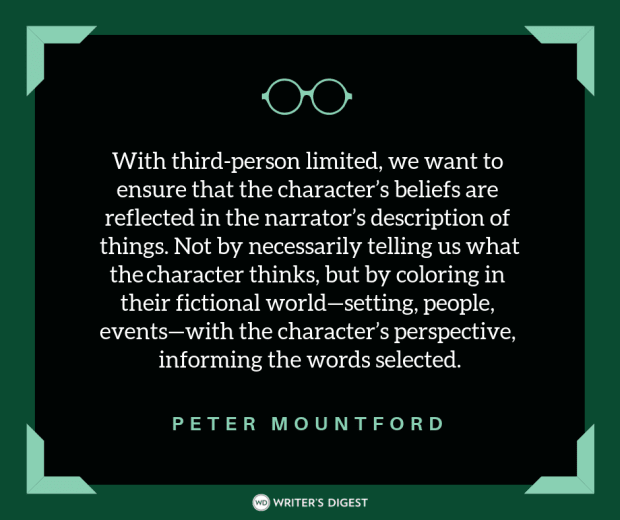Why Take the Time to Read Your Work Out Loud?
On July 11, I was a featured speaker at True Theatre. True Theatre is a Cincinnati storytelling event, where everyday people tell true stories about their lives to a general…
On July 11, I was a featured speaker at True Theatre. True Theatre is a Cincinnati storytelling event, where everyday people tell true stories about their lives to a general audience.
Each evening has a specific theme—independence was last week's theme—and I told a story about traveling to Thailand on my own, and getting stuck.
To prepare for this spoken word event, I had to spend time, at first, reading the story out loud, then memorizing and rehearsing it.
Aside from the lessons I learned about storytelling (to come in another post), I learned the value of reading a piece out loud.
Now, up until this point, I was probably like most of you. I've seen the advice to "read your work out loud" many, many times. I didn't practice this technique (except for poetry), and found it irrelevant, unhelpful, uncomfortable, and time consuming. Who cares how something sounds when read aloud, unless it was meant to be heard?
But for important short stories or essays, I'll be using this technique. Why?
- It quickly reveals what sentences or sections I don't care about or believe in. Sometimes when we write, we create filler. We don't think deeply about what we're saying. We include throwaway lines. Reading something out loud has an unusual way of bringing this to your attention. You suddenly don't have your heart in what you're saying. Especially for short pieces, you should care about delivering every line. If you have the desire to skip over parts, or leave something out, then you should edit it out.
- It emphasizes boring or dead description. It was easier, when reading aloud, to realize how the description needed to be relevant to the point at hand, by either helping with characterization, or helping move the story forward.
- It helps develop perspective and voice. Listening to yourself—whether in the moment or recorded—more closely identifies the writing to YOU, and you start to think more carefully about whether the events, details, and intricacies of the story reflect YOUR perspective. (Sometimes we write in an "objective" mind, or with a stale and soulless approach.) Reading aloud helps you think more about how this is YOUR story, and that it's YOU who uniquely decides what story you want to tell.
I'm not sure yet whether this technique would be as appropriate or effective for a book-length work. I hope you'll offer your thoughts in the comments.
(And, if you live near Cincinnati, I encourage you to check out True Theatre for wonderful storytelling.)
Jane Friedman is a full-time entrepreneur (since 2014) and has 20 years of experience in the publishing industry. She is the co-founder of The Hot Sheet, the essential publishing industry newsletter for authors, and is the former publisher of Writer’s Digest. In addition to being a columnist with Publishers Weekly and a professor with The Great Courses, Jane maintains an award-winning blog for writers at JaneFriedman.com. Jane’s newest book is The Business of Being a Writer (University of Chicago Press, 2018).









